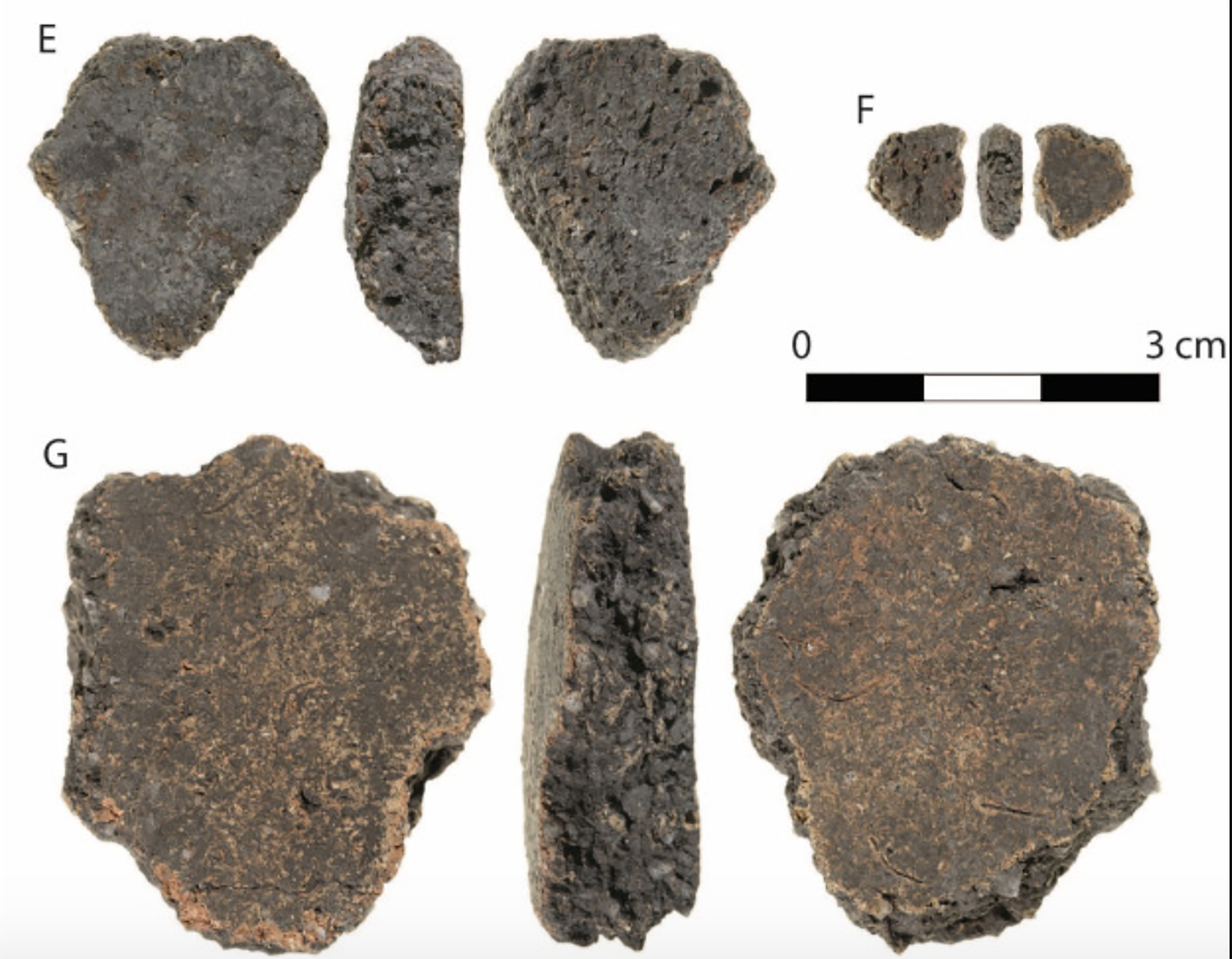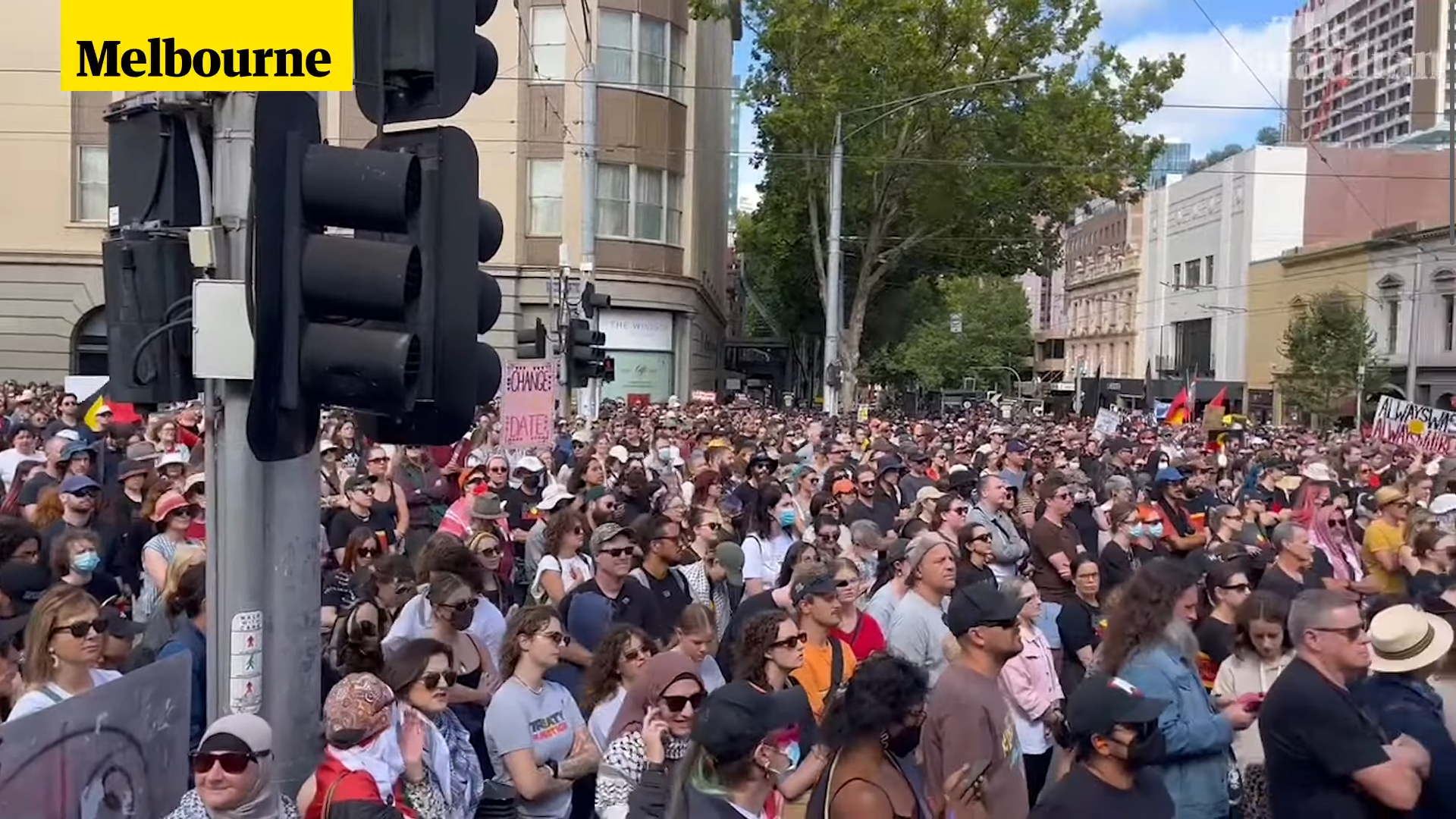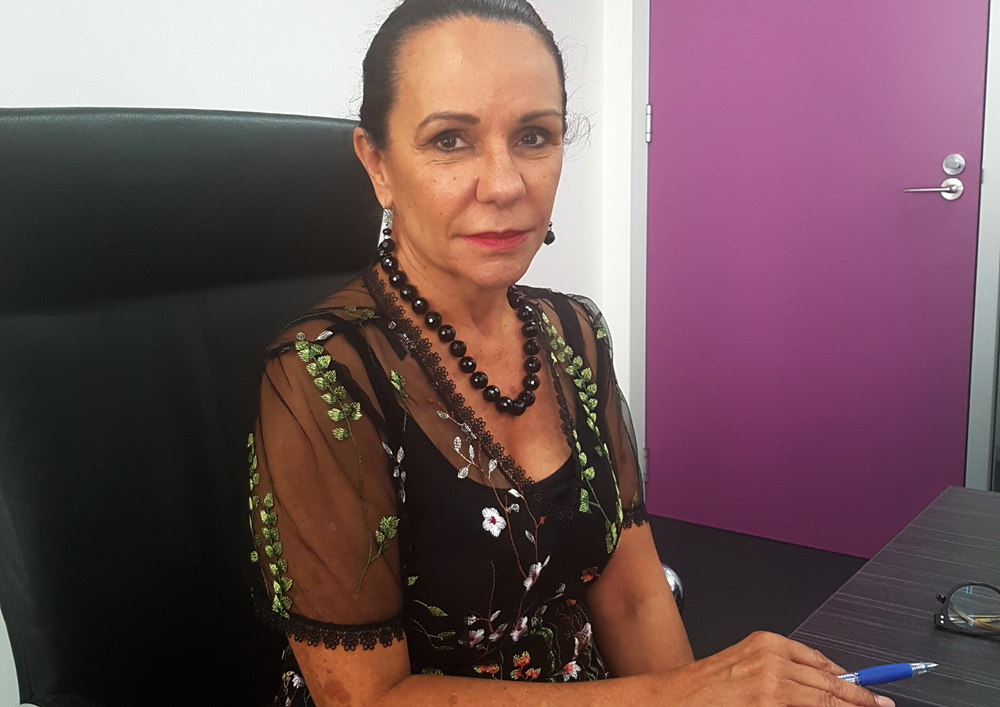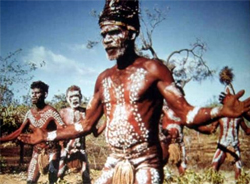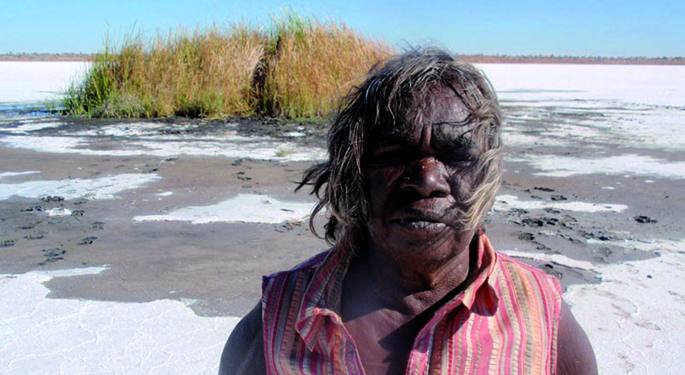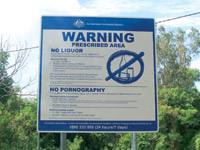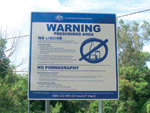Australia renounces in referendum the constitutional recognition of its citizens of origin
- The proposed amendment to the Constitution was promoted by Prime Minister Anthony Albanese. However, the majority of the country voted in a negative referendum.

Australians have relinquished this Saturday the government proposal for the recognition of Aboriginal people in the Australian Constitution in force since 1901. 78.67% of citizens voted, almost 14 million people, and the vast majority opposed the amendment that the country of Australian origin would have officially adopted in the Constitution and for which it had established a parliamentary advisory council. 40% voted in favour, almost five and a half million people, but the opponents have exceeded 60%, about 8,300,000 votes. In all the States of the country the refusal prevailed and it has made it impossible for the proposal to be accepted, since the electoral law required a double victory, both in national votes and in the States, at least in four out of six. Surveys conducted in March this year indicated that three-quarters of Australians would vote in favour. They didn't get it right.
The main objective of the amendment was to set up a committee to give voice to countries of Australian origin. This committee would provide independent advice to the Government and Parliament on matters relating to peoples of origin. It would also enable them to participate more in decision-making. 3.8 per cent of Australia ' s 26 million inhabitants originate.
The amendment to the Constitution was the electoral promise of Anthony Albanes, current Prime Minister. Before he learned the outcome, he said that the amendment was going to be a “big step forward,” but after acknowledging the failure, he said that it was “depressed” but “fully respects” the decision of the Australian people and its “democratic process.”
The indigenous Australians have on more than one occasion expressed their "inability" to face structural problems. These problems include the lower life expectancy of indigenous people compared to other Australians, the lower levels of health and education and the higher prison rates. Only 11 of the 227 members of the Australian Senate and Parliament are Aboriginal.
Members of the James Cook University and the Research Council of Australia have discovered ceramic fragments from 2,000-3,000 years ago on the island of Jiigurru in northwestern Australia. These are the oldest ceramic remains discovered so far in Australia. The geological study... [+]
Lepoa eta eskuak aulki bati lotuta eta burua estalita duen nerabe bat ageri da bideoan. Ikerketa abiarazi du gobernuak, Malcolm Turnbull lehen ministroak aginduta, The Guardianek jaso duenez.
National Geographic aldizkarian Australiako aborigenei buruzko foto erreportaje ederra egin dute. Uhartean 50.000 urtez bizitu arren, egun Australiako biztanleen %3 baino gutxiago dira. Beren kultura, bizimodua eta mundu ikuskera pixkana desagertzen ari dira. Hala ere, egun... [+]
250 inguru ziren XVIII. mendean Australiako aborigenek hitz egiten zituzten hizkuntzak. Gaur egun 100 dira bizirik dauden hizkuntzak, eta gehienek oso hiztun gutxi dituzte.
Albiste susmagarriak iritsi ziren berrikitan Australiatik: aborigen jendeen artean haurrei sexu gehiegikeriak erruz egiten zaizkiela jakin eta agintariak neurriak hartzen ari omen direla. Albiste horren sustraian dagoen kolonialismo istorio iluna argitu nahi izan du John... [+]








